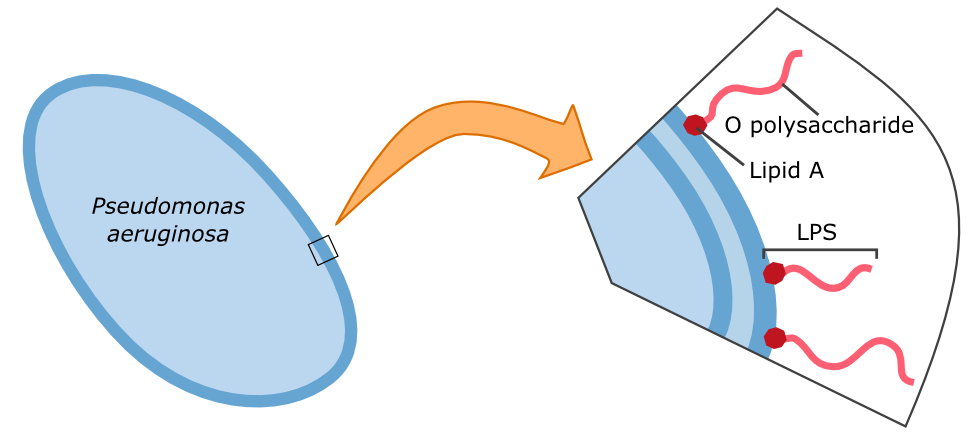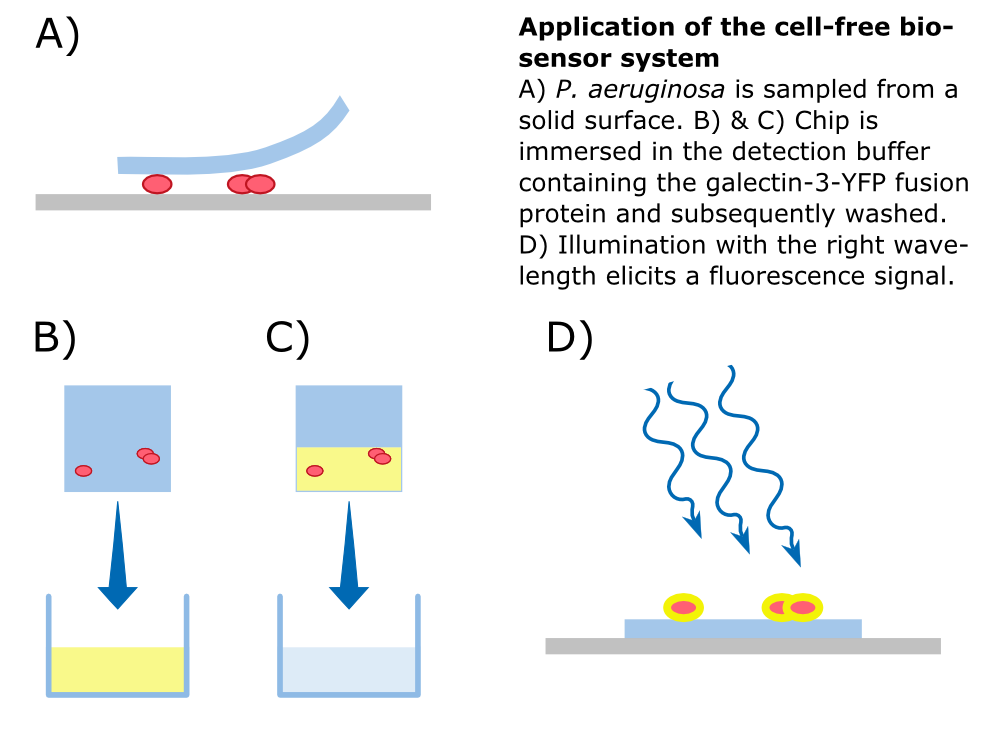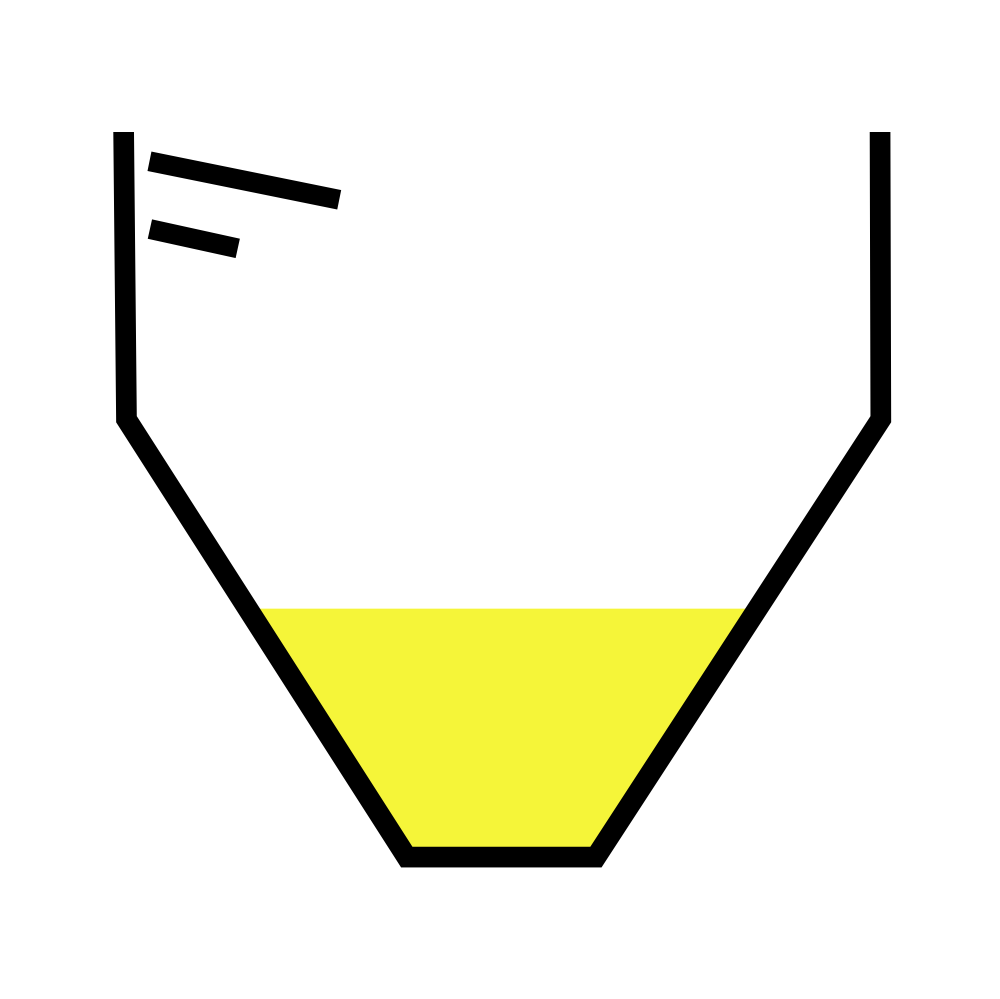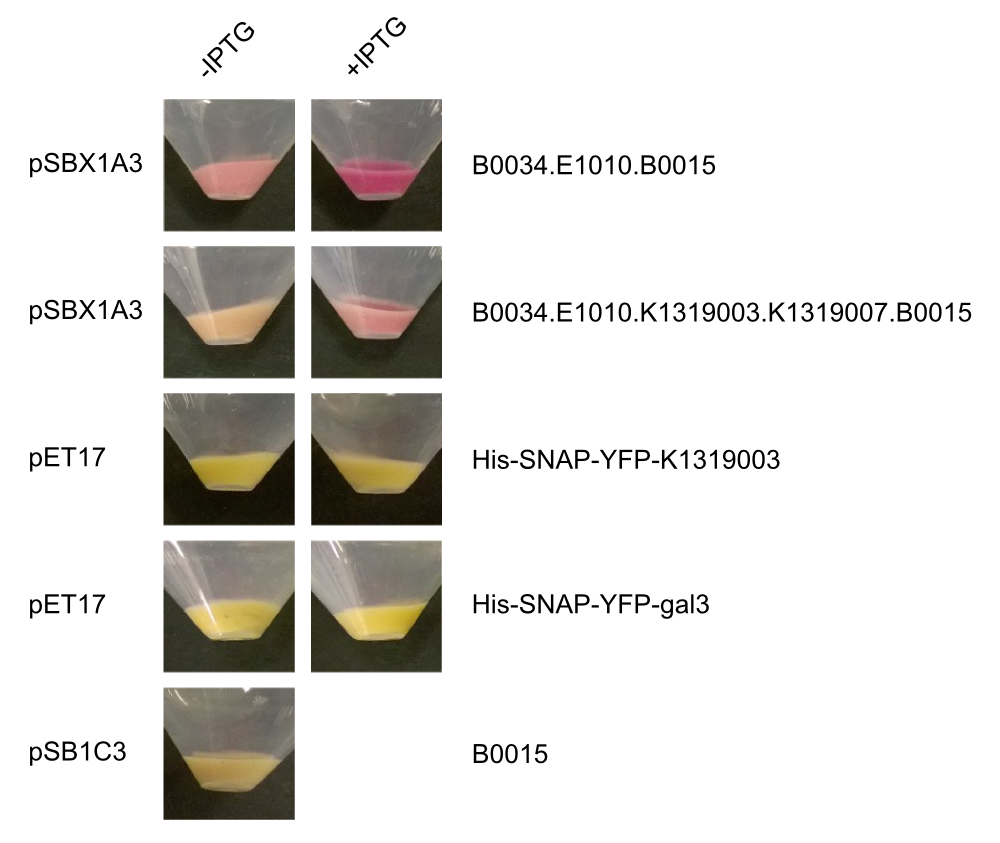Team:Aachen/Project/Gal3
From 2014.igem.org
m (→An Alternative Sensing Molecule) |
m (→An Alternative Sensing Molecule) |
||
| Line 55: | Line 55: | ||
<span class="anchor" id="alternativesensing"></span> | <span class="anchor" id="alternativesensing"></span> | ||
| - | {{Team:Aachen/FigureFloat|Aachen_14-10-09_Pseudomonas_LPS_iNB.png|title=Cell wall composition of ''Pseudomonas aeruginosa''|subtitle=Gram-negative bacteria have two cell membranes. The LPS are embedded in the outer membrane and are composed of a lipid and an O polysaccharide.|width= | + | {{Team:Aachen/FigureFloat|Aachen_14-10-09_Pseudomonas_LPS_iNB.png|title=Cell wall composition of ''Pseudomonas aeruginosa''|subtitle=Gram-negative bacteria have two cell membranes. The LPS are embedded in the outer membrane and are composed of a lipid and an O polysaccharide.|width=395px}} |
The specific binding of galectin-3 enables the construction of such a detection system. Parts of the '''lipopolysaccharide structure (LPS)''' of ''Pseudomonas aeruginosa'' can be bound by galectin-3. Specifically, the O polysaccharide (see figure on the left) of the LPS is recognized by galectin-3. A fusion protein of galectin-3 and a reporter protein, such as a fluorescent protein, can be built and applied in the detection of ''Pseudomonas aeruginosa''. | The specific binding of galectin-3 enables the construction of such a detection system. Parts of the '''lipopolysaccharide structure (LPS)''' of ''Pseudomonas aeruginosa'' can be bound by galectin-3. Specifically, the O polysaccharide (see figure on the left) of the LPS is recognized by galectin-3. A fusion protein of galectin-3 and a reporter protein, such as a fluorescent protein, can be built and applied in the detection of ''Pseudomonas aeruginosa''. | ||
Revision as of 06:36, 14 October 2014
|
|
|
|
 "
"





